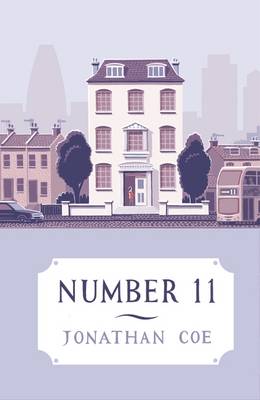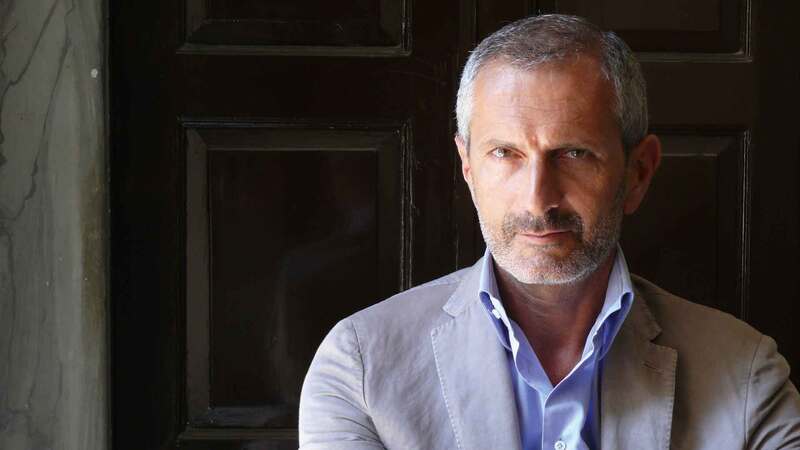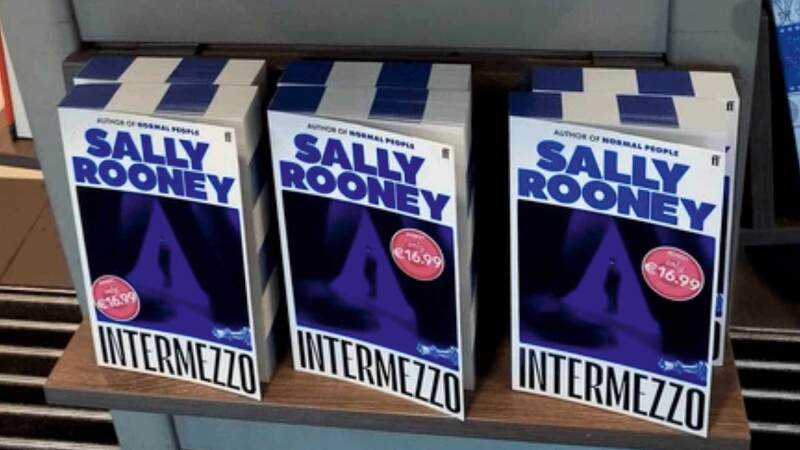You are viewing your 1 free article this month. Login to read more articles.
Book Review: Number 11 by Jonathan Coe
Number 11 is comprised of five interconnecting stories that demonstrate a powerful imagination, a keen observational eye, and deep compassion.
 Number 11 is comprised of five interconnecting stories that demonstrate a powerful imagination, a keen observational eye, and deep compassion.
Number 11 is comprised of five interconnecting stories that demonstrate a powerful imagination, a keen observational eye, and deep compassion.
The stories themselves range in theme from chapter to chapter, from childhood adventure in "The Black Tower" (think The Famous Five but with cursing) to a "Black Mirror" style exploration into how a has-been celebrity ends up on a reality show confronting her worst fears, as seen through the eyes of her daughter on the other side of the world ("The Comeback"). "The Crystal Garden" and "What a Whopper!" assume more traditional storytelling methods, while "The Winshaw Prize" has a more comic element, exploring a modern murder mystery through the eyes of an obsessed policeman who harbours dreams that go beyond his pedestrian surroundings.
The strength of this book is its characters. It’s a testament to Coe how easily he inhabits these people and their worlds – from bookish Rachel, spitfire Alison and her desperate mother Val, to the eccentric policeman Nathan Pilbeam. Each character sings from the page, and they flit from story to story, offering the reader the opportunity to revisit them later in their lives from a different perspective.
Apart from the characters, these stories don’t have an obvious connection, although this is far from criticism. It is described as a book about how we live now, a series of takes on 21st century Britain referencing everything from social media deluge and the banking crisis. At times it can feel like a message is being forced between the lines - references from the older characters about the effects of staring at a screen, horrified asides about privacy settings jutted into stream of consciousness, friendships being severed due to a misunderstood word sent via Snapchat. What this amounts to is pervading sense of the message "things were better in simpler times", a theme claimed later in the book by a central character. That said, even if these references feel clunky sometimes, they make sense in the broader sense of the story being told and don’t get in the way – and the sentiment itself isn’t entirely disagreeable.
This book is full of good writing – clever, observant and wickedly smart, with characters that are a pleasure to revisit as they weave smoothly through each others lives.












